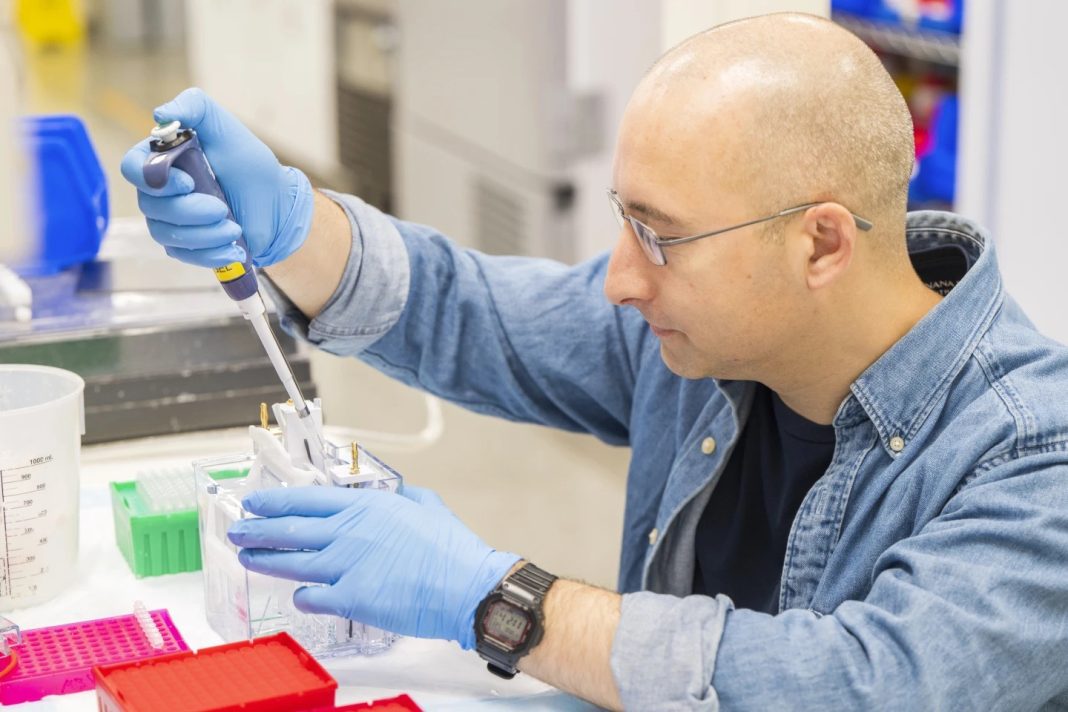WASHINGTON DC, USA — A California-based biotechnology company specialising in genetic testing is among the businesses that could be barred from working in the U.S. market due to their ties to China, signaling a growing conflict between health innovation and a bipartisan effort in the US Congress to curtail Beijing’s global influence.
Complete Genomics, which helps doctors detect genetic causes for cancer, is facing exclusion after the U.S. House passed the BIOSECURE Act this week. The act prevents federal funds from benefiting Chinese-linked firms, including Complete Genomics and four other companies. The legislation, which passed with a 306-81 vote, is part of a broader legislative package aimed at countering China’s influence, particularly in technology sectors.
Radoje Drmanac, Complete Genomics’ founder and chief scientific officer, voiced frustration over the bill’s impact.
“It’s just a loss for the research and for the industry,” he said, lamenting how geopolitics is interfering with scientific progress.
National Security Concerns vs. Health Innovation
The legislation, which now heads to the Senate, is designed to protect Americans’ health data, reduce reliance on China in the medical supply chain, and bolster U.S. competitiveness in biotechnology—an industry seen as crucial to both nations’ economies and security.
Rep. Brad Wenstrup, an Ohio Republican and sponsor of the bill, said it is an essential step toward safeguarding U.S. genetic data.
“For too long, U.S. policy has failed to recognize the twin economic and national security threats posed by China’s domination of particular markets and supply chains,” Wenstrup said.
However, opponents warn the bill could have far-reaching consequences, including delayed clinical trials, higher drug costs, and hindered innovation.
Rep. Jim McGovern, D-Mass., criticized the legislation for singling out specific companies without due process. “If one of these five companies does not belong on the list, too bad, Congress doesn’t like you, and that’s that,” McGovern said.
Impact on U.S.-China Competition in Biotechnology
Complete Genomics, a subsidiary of China-based MGI, asserts that American privacy is not at risk because its instruments are only connected to U.S. servers.
The company also urged Congress to adopt broader data protection standards rather than singling out a small group of firms.
The bill also targets BGI, WuXi AppTec, and WuXi Biologics, companies that play vital roles in drug development and research.
WuXi AppTec raised concerns that the bill would stifle biotech innovation and increase healthcare costs. U.S. pharmaceutical firms, including Eli Lilly, have warned that the legislation could disrupt supply chains, as many drugmakers rely on Chinese firms for crucial components.
BIO, the largest advocacy group for U.S. biotech companies, supports the bill, citing the importance of national security in the biotech sector.
The bill allows U.S. companies eight years to break ties with Chinese firms, providing what BIO CEO John Crowley called “a reasonable timeframe” for decoupling.
As tensions between the U.S. and China continue to grow, the fate of this legislation could reshape the future of biotech innovation and U.S.-China collaboration in the medical industry.







